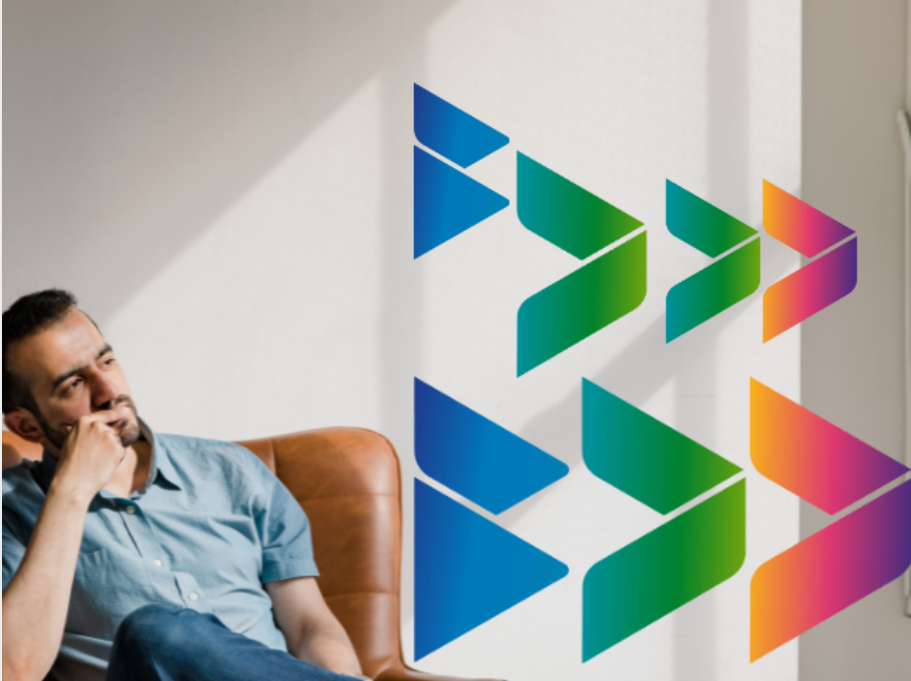The value of critical thinking skills is unparalleled. Alongside work experience and hard skills, critical thinking is a key attribute that top employers seek when selecting candidates. The term critical thinking refers to how an individual processes and analyzes information, to derive the optimal solution to a given situation. The process can be based on a person’s individual experience, or by communicating with others, or based on observation – the goal is to make better informed decisions that result in positive outcomes.
Why should you enhance your critical thinking skills?
Critical thinking skills are vital in this day and age, with an influx of information at all times. In addition, the pace the world is evolving in requires on the spot sound decisions to be made. The benefits of improving your critical thinking skills include:
- Develop and improve more efficient and effective decision-making processes
- Evaluate the impact of a decision on the business and possible outcomes
- Create unique outcomes that could enhance the business
- Increase engagement levels with team members and stakeholders through constructive conversations
- Improve the efficiency of business operations or teams
Ways in which to improve your critical thinking skills
There are numerous ways and habits that professionals can integrate into their daily life, to improve their critical thinking skills. Here are some questions and tips to get you started:
How self-aware are you?
Self-awareness is integral, especially for professionals to stand out in the workplace. It entails your understanding of your values and ethics, and your governing beliefs. It also spills into thought processes and your personal preferences. Individuals who are more self-aware are also attuned with their strengths and weaknesses and any preconceived notions about a given topic. All these factors play a crucial role in the critical thinking process.
How do you gather information and data?
There is an abundance of data and information that can be used to guide critical thinking processes. From third-party data and studies, to case studies, best practices and learning from other’s expertise. See what data you can find out there, that supports your decision making process and strengthens your argument or position.
How do you process information and reach decisions?
Every individual has a unique way of processing information, given their background, expertise and external factors. The more diverse teams are, the more interesting plausible outcomes can be. Here, professionals can identify how information is processed, how actively they listen (with empathy), and what streams of information they rely on to gather data.
How far ahead can you see?
Every decision that is made has implications to it. This should be factored into the critical thinking process. What are the possible outcomes to a given situation? Are there negative repercussions? Would it benefit one part of the business and dampen another? All these factors will have an impact on the decision taken, so it is best to be aware of them.
Do you ask the right questions?
Active listening requires practice. Teams can benefit from the expertise of one another, bouncing ideas off of each other. As they say, two heads are better than one. When you ask for feedback, or ask the right questions, listen with intent. Try rephrasing the responses to ensure that you understood. And ensure to integrate the feedback of team members, to reach optimal outcomes.
Start building your critical thinking skills today, to reap the benefits on a leadership and business level.




